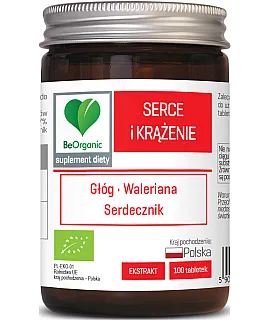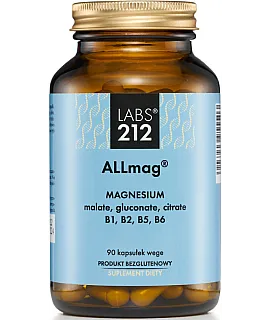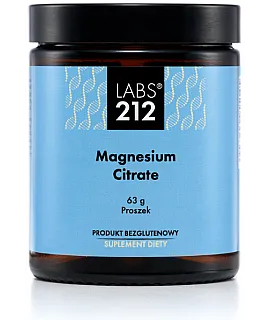How to lower cholesterol? Check out natural methods!
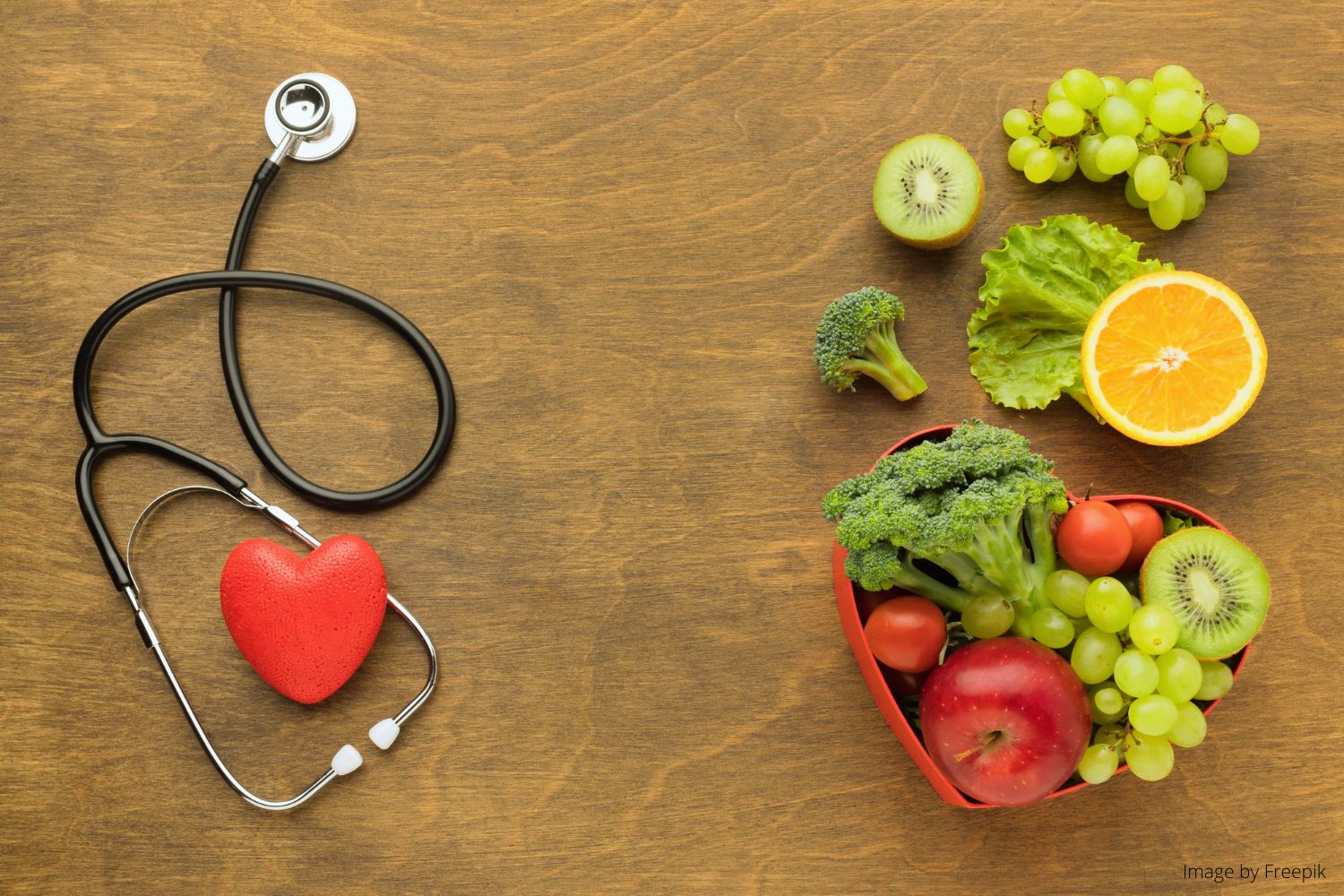
Cardiovascular diseases are on the rise, and their risk increases as people age. Most cases are diseases of civilization, which could be avoided with a healthy diet and lifestyle. Once cholesterol has grown above the norm, it can be lowered with physical activity, a proper diet and supplements such as monacolin K, vitamin B3, polycosanol or astaxanthin.
From this article, you'll learn why it's important to control cholesterol levels and how you can do it.
Why is high cholesterol a threat?
Excess cholesterol and an imbalance between its fractions is a significant increase in the risk of atherosclerosis. Atherosclerosis is an inflammatory disease of blood vessels, involving the formation of atherosclerotic plaques on their walls that narrow the lumen of the vessel, and which are built mainly from cholesterol.
According to 2008 data, of the total 36 million deaths caused by non-communicable factors, as many as 48% were due to cardiovascular disease. This is more than from cancer (21%) and respiratory diseases (12%).
Going deeper into the statistics, as much as 80% of cardiovascular diseases are due to factors that are dependent on us and can be prevented, such as; use of stimulants (tobacco and alcohol), unhealthy diet, low physical activity. According to current data, we know that cardiovascular diseases usually appear at an advanced age, but the atherosclerosis that causes them develops even over decades, having its seed in youth. That's why prevention and early response before the condition becomes serious is so important.
A lipidogram test, which determines LDL and HDL cholesterol, total cholesterol and triglycerides, is one of the primary health markers. The test is performed from the blood, is inexpensive and readily recommended by PCPs. Sometimes, just by asking for a referral, these and several other preventive tests can easily be performed under insurance, withoutadditional fees. Regular performance of this test and appropriate intervention in case of bad results are among the most effective and easiest tools in the prevention of cardiovascular disease.
As the American Heart Association stated:
"Maintaining healthy cholesterol levels is a great way to keep your heart healthy - and reduce your chances of heart disease or stroke."
We are most concerned with lowering LDL cholesterol, commonly referred to as that "bad cholesterol." Also of value is the HDL:LDL cholesterol ratio, which should be as high as possible. This is because we consider LDL to be pro-inflammatory and HDL to be anti-inflammatory, so we need to maintain a balance between the two. When LDL cholesterol is too much and HDL cholesterol is too little, such a condition is called dyslipidemia. If a test result shows too much cholesterol or a poor balance, make changes in your life to keep yourself healthy.
Natural supplements to lower cholesterol
There are several supplements that have a documented effect on lowering total cholesterol or specifically its LDL fraction.
Check out what over-the-counter cholesterol pills are available and what for cholesterol works with effectiveness proven in studies.
Monacolin K
If you're wondering how to lower cholesterol quickly, monacolin should be one of your first choices. Interestingly, Monacolin has an identical mechanism of action to the cholesterol drugs - statins. The difference is that it is natural. In supplements, monacolin is usually derived from yeast-fermented red rice extract (Monascus purpureus).
Biochemically, its mechanism of action is to strongly inhibit the activity of the enzyme HMG-CoA reductase (HMGR) in the cholesterol synthesis pathway. In other words, cholesterol is produced more slowly and less efficiently during monacolin K supplementation. Researchers suggest that in addition to its lipid-lowering effects, monacolin K also has value in the prevention of cancer and neurodegenerative diseases, as well as anti-inflammatory and antibacterial effects. 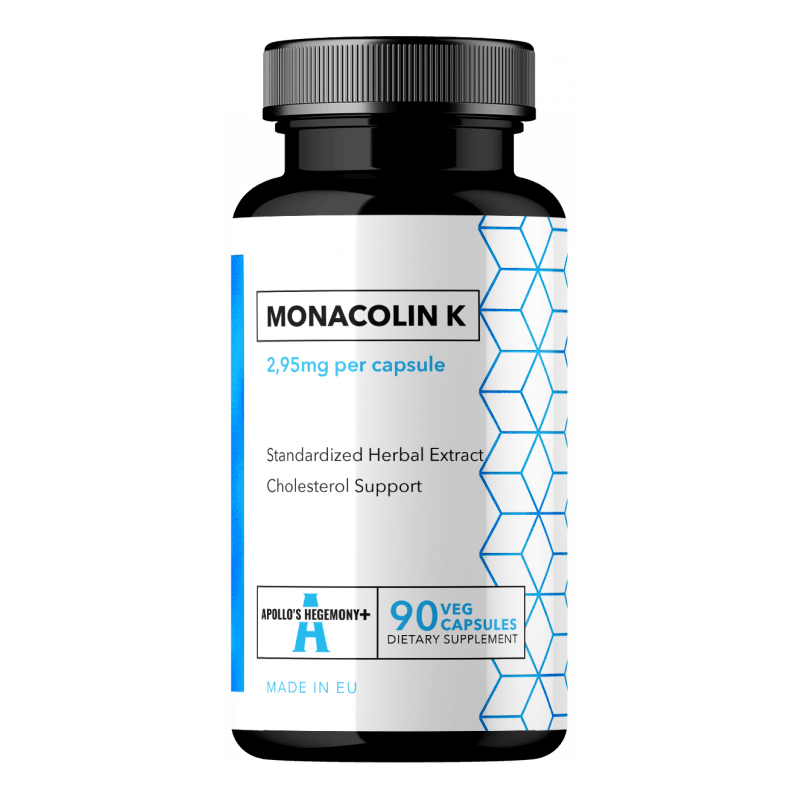
The most commonly recommended dose is 10 mg of monacolin K daily. However, studies show efficacy as low as 3 mg per day when used in tandem with 200 μg of folic acid. Such a combination after 12 weeks to patients with hypercholesterolemia resulted in:
- 14.8% reduction in LDL-C cholesterol,
- reduction of total cholesterol by 11.2%,
- a 12.5% reduction in homocysteine.
In this study, 51% of patients achieved <4.14 mmol/L LDL-C levels with supplementation, which is in line with recommendations. In addition, 26% of patients achieved the desired level of <10 μmol/L homocysteine.
Polycosanol
Another natural substance, or rather a group of substances, that effectively whips up LDL cholesterol. Polycosanol is a mixture of aliphatic alcohols derived from plant waxes contained in sugarcane, with octacosanol being the predominant (about 60%) component.
In one of the more famous publications, which analyzed a review of studies using polycosanol, interesting and specific conclusions were drawn. Well, polycosanol doses of 10 to 20 mg per day lower total cholesterol by 17% to 21% and LDL cholesterol by 21% to 29%. At the same time, it raises HDL cholesterol by 8% to 15%.
The effectiveness of this supplement has strong support in studies. Cholesterol-lowering effects have been demonstrated in animal models, healthy volunteers and patients with type II hypercholesterolemia. Importantly, even at doses of 20 mg, it is safe and well tolerated, and has been tested in studies exceeding 3 years of supplementation.
Astaxanthin
Astaxanthin is a natural carotenoid produced by algae. It is well studied for its cholesterol-lowering and anti-atherosclerotic effects, and its anti-inflammatory and antioxidant effects provide additional extensive health benefits.
Clinical trials have been conducted with various doses ranging from 2 to 20 mg of astaxanthin. One showed a marked increase in HDL cholesterol with doses of 6 and 12 mg daily for 12 weeks. A review of studies in which astaxanthin was supplemented noted such effects as reduced LDL oxidation, lowered triglycerides and reduced markers of oxidative DNA damage in the results.
Vitamin B3 (niacin)
Although it is usually synthetic in supplements, it is found in nature, which is why it is included in this list. Niacin for cholesterol is very effective. However, large doses (counted in grams) and knowledge of how to use it to not harm yourself are required. For lowering LDL cholesterol, two forms of vitamin B3 are possible: nicotinic acid and niacinamide.
Nicotinic acid generally has better documented efficacy and more potent effects, but there is a cost associated with it. First, there is the risk of considerable discomfort through the so-called flush effect. This effect includes short-term redness and burning of the skin. This is not a dangerous phenomenon, but it is undoubtedly not pleasant either. Second, the risk of worsening cellular resistance to insulin increases with prolonged supplementation. 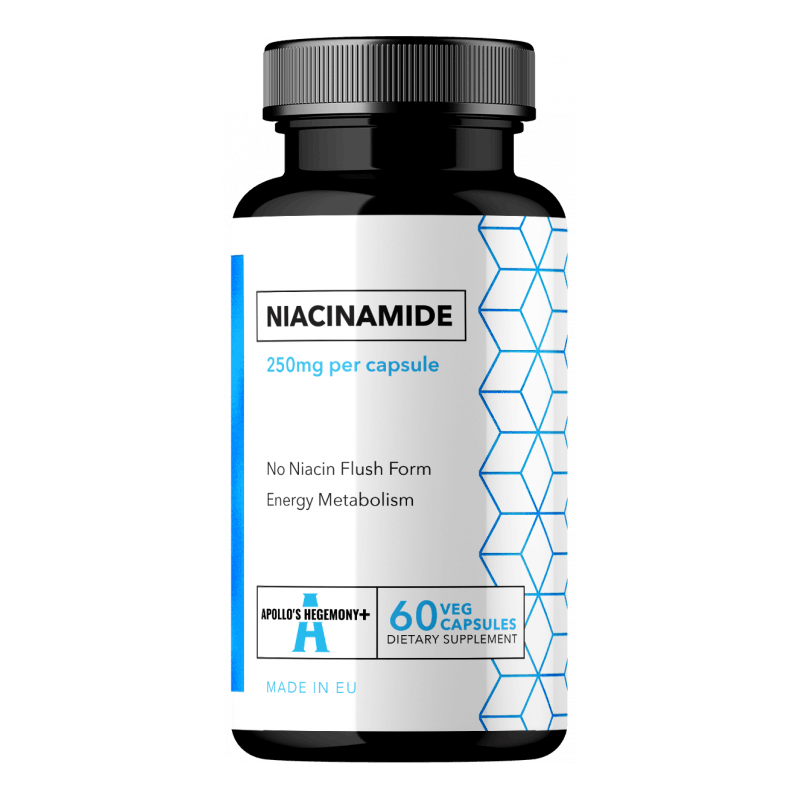
Niacinamide is known as flush-free niacin. It may have a slightly weaker effect in lowering cholesterol, but it is safer. It does not cause flush, and may even improve insulin resistance.
In an example study, 1,000 mg a day of niacinamide was used for 12 weeks in people with non-alcoholic fatty liver disease. At the end of the study, the group taking niacinamide, compared to the control group, recorded significant reductions in total cholesterol (-9.32% vs +1%), LDL-C cholesterol (-15.2% vs +2.5%) and improved insulin sensitivity indices. The niacinamide treatment was not only well tolerated, but also improved the patients' overall quality of life.
What else besides supplements? Home remedies for lower cholesterol
Without a doubt, physical activity is key. It doesn't have to be killer strength training or crossfit, but moderate activity such as cycling, brisk walking, jogging or yoga will suffice. The most important thing is to maintain regularity. Movement is a powerful factor in regulating metabolic health and improving overall cardiovascular health.
And what about diet? It too is invaluable. It is advisable to minimize inflammation-increasing foods in the diet, such as sweets, products with hydrogenated fat, burnt meat. An abundance of vegetables and fruits will be beneficial, which, in addition to essential micronutrients, provide fiber and a huge amount of flavonoids, many of which promote the maintenance of normal cholesterol values. A diet for cholesterol should include healthy fats, especially omega 3 and omega 9, the sources of which will be fatty fish, flaxseed oil, chia seeds, avocados, olive oil, nuts and seeds.
It is worth limiting stimulants or, preferably, getting rid of them altogether. The most common stimulants, namely alcohol and cigarettes, seriously increase the risk of high cholesterol and the full package of consequences.
If you have coexisting hypertension or sugar disorders, these should be addressed. When these ailments exist simultaneously with elevated cholesterol, the risk of cardiovascular disease increases significantly.
Sources:
- Elshourbagy NA, Meyers HV, Abdel-Meguid SS. Cholesterol: the good, the bad, and the ugly - therapeutic targets for the treatment of dyslipidemia. Med Princ Pract. 2014;23(2):99-111. doi: 10.1159/000356856. epub 2013 Dec 11. PMID: 24334831; PMCID: PMC5586853.
- Xiong Z, Cao X, Wen Q, Chen Z, Cheng Z, Huang X, Zhang Y, Long C, Zhang Y, Huang Z. An overview of the bioactivity of monacolin K / lovastatin. Food Chem Toxicol. 2019 Sep;131:110585. doi: 10.1016/j.fct.2019.110585. epub 2019 Jun 15. PMID: 31207306.
- Heinz T, Schuchardt JP, Möller K, Hadji P, Hahn A. Low daily dose of 3 mg monacolin K from RYR reduces the concentration of LDL-C in a randomized, placebo-controlled intervention. Nutr Res. 2016 Oct;36(10):1162-1170. doi: 10.1016/j.nutres.2016.07.005. epub 2016 Jul 27. PMID: 27865358.
- Gouni-Berthold I, Berthold HK. Policosanol: clinical pharmacology and therapeutic significance of a new lipid-lowering agent. Am Heart J. 2002 Feb;143(2):356-65. doi: 10.1067/mhj.2002.119997. PMID: 11835043.
- Yoshida H, Yanai H, Ito K, Tomono Y, Koikeda T, Tsukahara H, Tada N. Administration of natural astaxanthin increases serum HDL-cholesterol and adiponectin in subjects with mild hyperlipidemia. Atherosclerosis. 2010 Apr;209(2):520-3. doi: 10.1016/j.atherosclerosis.2009.10.012. Epub 2009 Oct 14. PMID: 19892350.
- Kishimoto Y, Yoshida H, Kondo K. Potential Anti-Atherosclerotic Properties of Astaxanthin. Mar Drugs. 2016 Feb 5;14(2):35. doi: 10.3390/md14020035. PMID: 26861359; PMCID: PMC4771988.
- El-Kady RR, Ali AK, El Wakeel LM, Sabri NA, Shawki MA. Nicotinamide supplementation in diabetic nonalcoholic fatty liver disease patients: a randomized controlled trial. Ther Adv Chronic Dis. 2022 Feb 23;13:20406223221077958. doi: 10.1177/20406223221077958. PMID: 35222903; PMCID: PMC8874180.
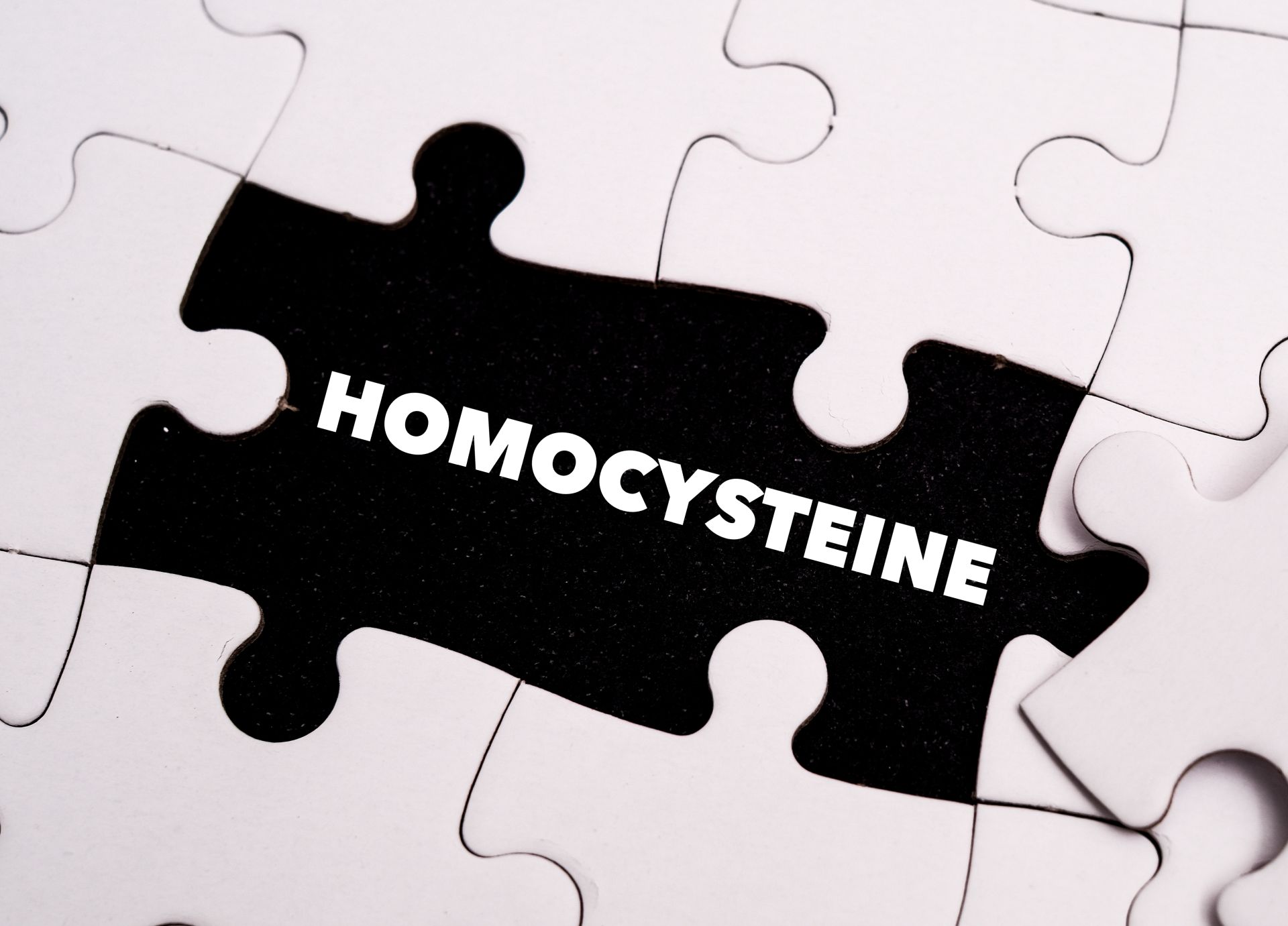 ⮜ Previous article
⮜ Previous article
Homocysteine - what is it and what are its standards?
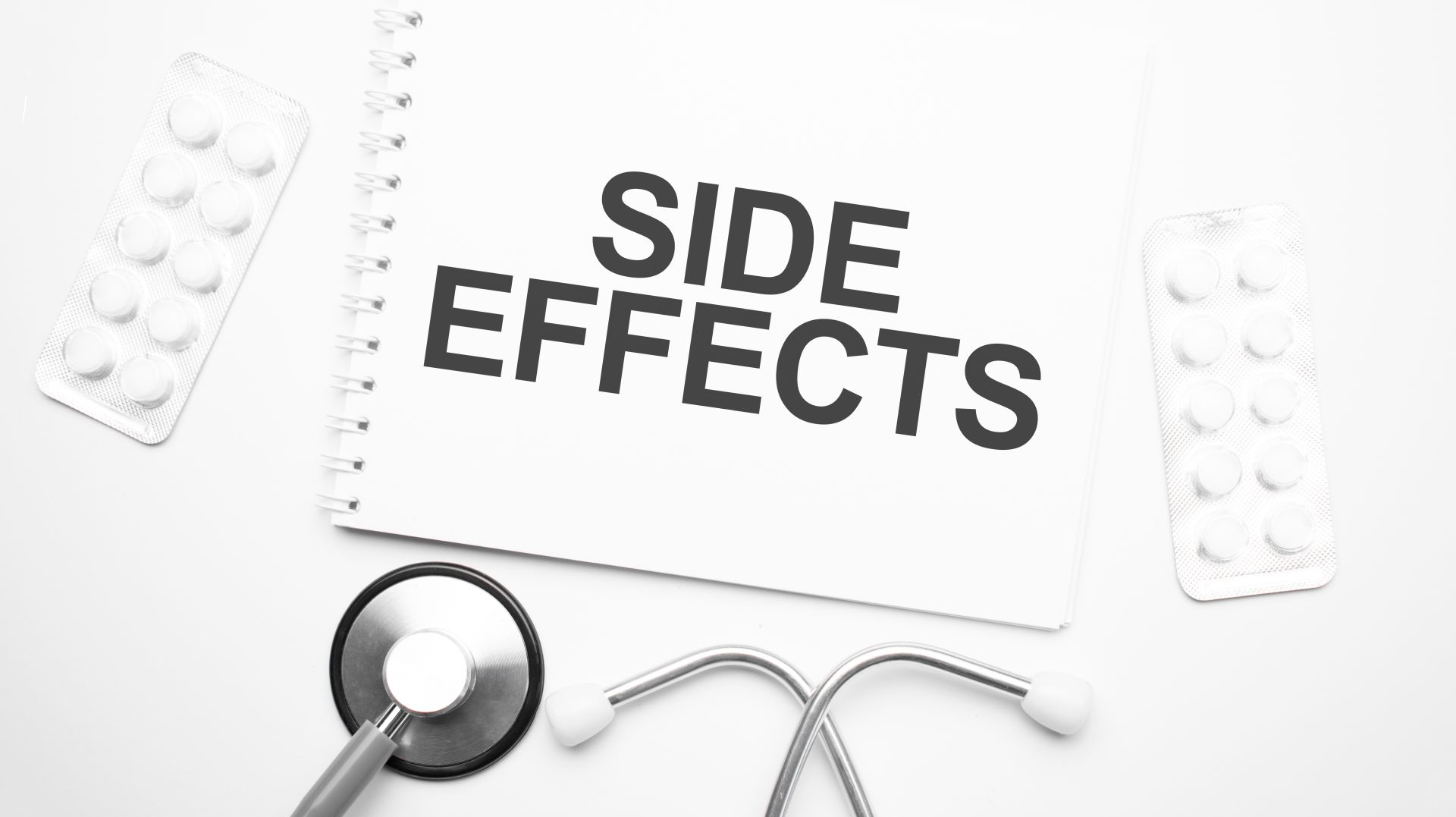 Next article ⮞
Next article ⮞
